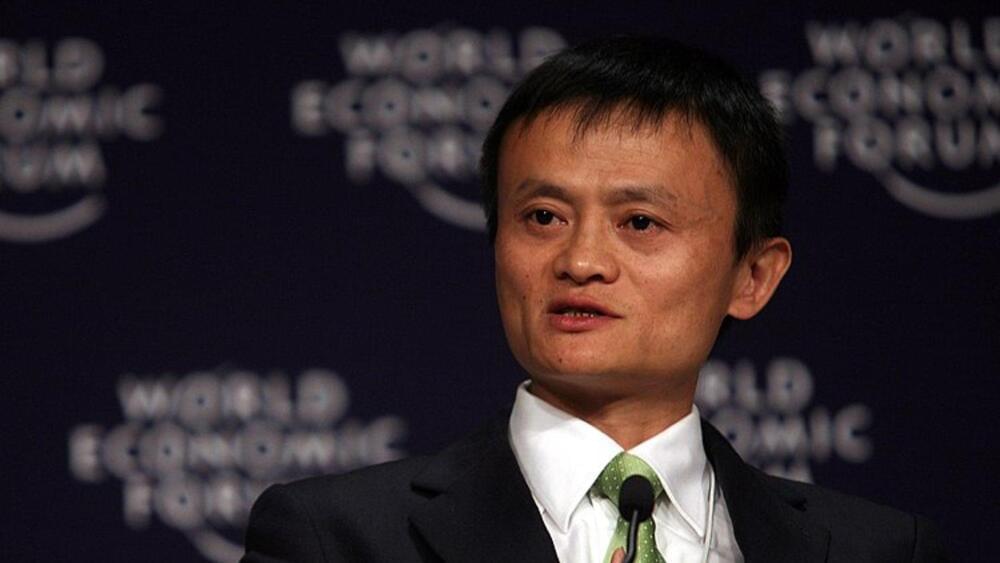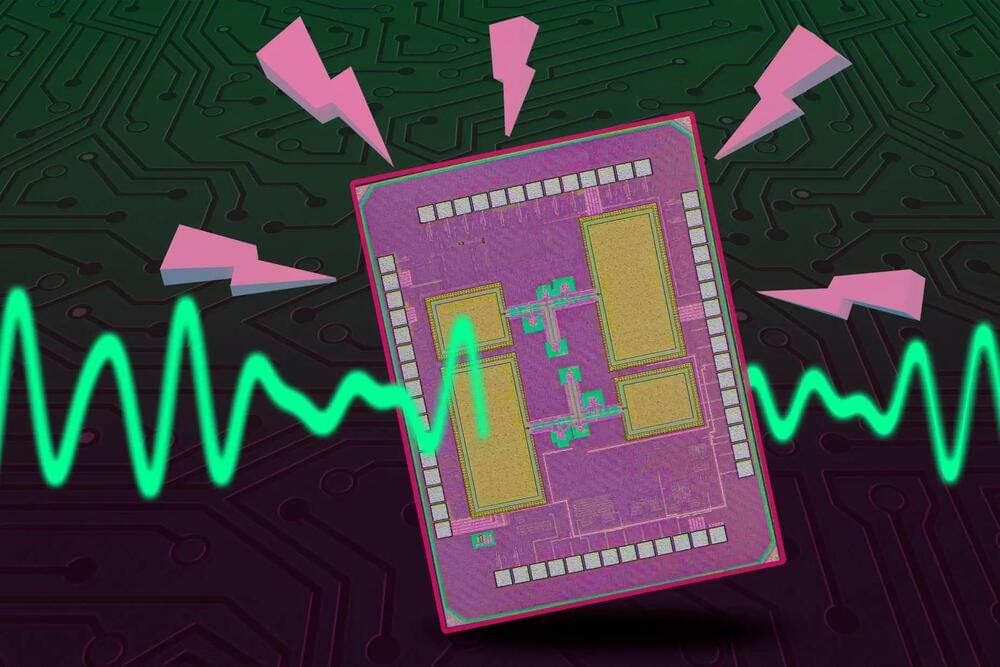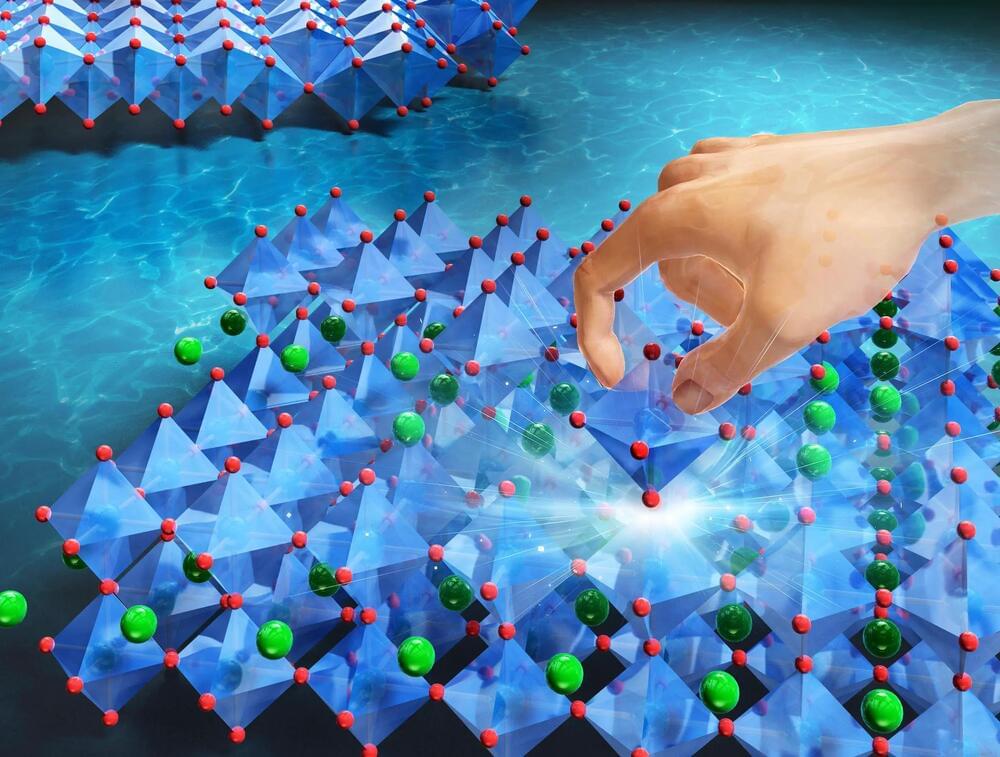Some companies are negatively impacted by the appearance of ChatGPT and similar AI.
CNBC’s Deirdre Bosa reports on Chegg as the shares of a California education company dropped more than 40%. For access to live and exclusive video from CNBC subscribe to CNBC PRO: https://cnb.cx/2NGeIvi.
» Subscribe to CNBC TV: https://cnb.cx/SubscribeCNBCtelevision.
» Subscribe to CNBC: https://cnb.cx/SubscribeCNBC
Turn to CNBC TV for the latest stock market news and analysis. From market futures to live price updates CNBC is the leader in business news worldwide.
Connect with CNBC News Online.






